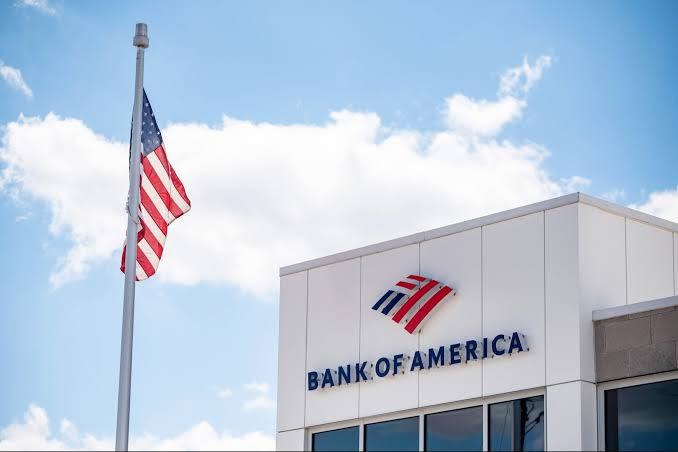Introduction
In a significant development for India’s food delivery sector, Bank of America (BofA) Securities has downgraded the stock ratings for Swiggy and Zomato. The downgrade comes amid rising concerns over prolonged losses in the quick commerce (Q-commerce) segment and slowing growth in food delivery services. This move led to a sharp decline in the share prices of these companies, raising questions about the future sustainability of their business models.
The Downgrades: A Closer Look
BofA Securities revised its stance on Zomato from a ‘Buy’ rating to ‘Neutral,’ reducing the target price from ₹300 to ₹250 per share. On the other hand, Swiggy, which remains a private company but is actively preparing for a public listing, saw its rating cut from ‘Buy’ to ‘Underperform,’ with its target price slashed from ₹420 to ₹325 per share. These adjustments reflect growing investor concerns about the mounting losses in the quick commerce sector, which has become a crucial area of focus for both companies.
Reasons Behind the Downgrade
1. Losses in Quick Commerce
Quick commerce—where customers receive groceries and essentials within minutes—has been a fiercely competitive space. While Swiggy’s Instamart and Zomato’s Blinkit have seen growth, they continue to operate at a loss due to high customer acquisition costs, aggressive discounting, and operational inefficiencies. BofA expects these losses to persist for at least 12 to 15 more months, straining overall profitability.
2. Slower Growth in Food Delivery
The food delivery segment, once the primary growth engine for Swiggy and Zomato, is showing signs of a slowdown. Analysts at BofA highlighted that food delivery orders are not growing at the same pace as before, and margins in this segment may not expand as quickly as expected. This could impact the overall revenue and profit potential of both companies.
3. Increased Competitive Pressure
The entry of new competitors like Amazon into the food delivery and grocery delivery space could further disrupt the market. With Amazon’s deep pockets and logistical expertise, Swiggy and Zomato might have to increase spending on marketing and promotions to retain their market share, adding to their financial burden.
4. Revised Profitability Estimates
BofA Securities now projects that Zomato and Swiggy’s earnings before interest, tax, depreciation, and amortization (EBITDA) for FY26 and FY27 could be 20% to 50% lower than previous estimates. If these projections hold, it could take much longer for both companies to achieve sustained profitability, leading investors to reconsider their long-term potential.
Market Reaction and Stock Performance
Following the downgrade, Zomato’s shares fell by nearly 5%, reaching an intraday low of ₹199.90 on the Bombay Stock Exchange (BSE). Swiggy, though privately held, also saw a decline in investor sentiment, affecting its valuation ahead of its much-anticipated IPO.
Investors and market analysts have reacted with caution, with many expressing concerns about the sustainability of the Q-commerce model. While the promise of ultra-fast delivery is appealing, questions remain about whether it can be profitable in the long run.
Implications for the Industry
1. Sustainability of Quick Commerce
The quick commerce model has been a game-changer, but its viability depends on achieving economies of scale while reducing costs. If companies continue to rely heavily on discounts and promotions to attract customers, profitability may remain elusive.
2. Funding and Future Investments
Swiggy and Zomato have historically relied on external funding to expand their operations. However, with BofA’s downgrade and concerns over long-term profitability, attracting new investments may become more challenging. Investors might demand a clearer roadmap to profitability before committing additional funds.
3. Potential Strategic Shifts
In response to these downgrades, Swiggy and Zomato might look at alternative strategies such as:
- Optimizing operational efficiencies to reduce delivery costs.
- Exploring new revenue streams, such as premium subscription models.
- Focusing on higher-margin products, like cloud kitchens or exclusive partnerships.
Conclusion
BofA Securities’ decision to downgrade Swiggy and Zomato underscores the growing concerns around quick commerce losses and slowing food delivery growth. While both companies remain industry leaders, their ability to navigate financial challenges and adjust their business strategies will be crucial in determining their long-term success.
For now, investors and industry experts will be closely watching how Swiggy and Zomato respond to these challenges and whether they can turn their ambitious expansion plans into sustainable, profitable businesses.





